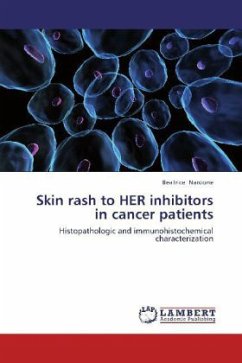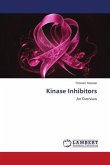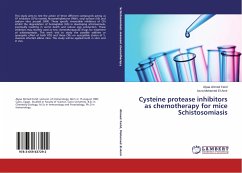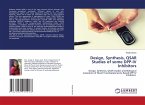Human epidermal receptor (HER) 1 inhibitors and HER 1/2 inhibitors have shown benefit against a wide range of solid tumors. However, their use is associated with skin rash in 40-90% of patients, which impacts quality of life and interrupts antineoplastic therapy. The pathologic characteristics of affected skin remain unclear, precluding development of rational therapies. The aim of this study is to evaluate differences in histologic and immunohistochemical (IHC) alterations in rash caused by lapatinib, a dual HER1/2 inhibitor (HER1/2i), and the single HER1 inhibitors (HER1i) cetuximab, erlotinib, and panitumumab. We found a lower inhibition of epidermal kinetics and decreased inflammation in HER1/2i-induced rash. These findings underscore differences in skin toxicity as related to specificity of HER blockade, concordant with clinical tolerability and decreased severity of skin toxicity seen with the HER1/2i lapatinib compared to the HER1 inhibitors cetuximab, erlotinib and panitumumab.








